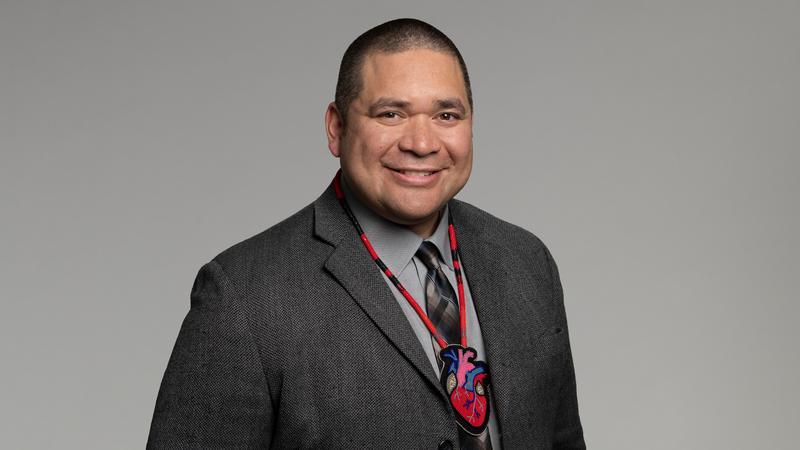
Grande Prairie anesthesiologist becomes first Indigenous president of CMA
On August 22, 2022, Dr. Alika Lafontaine, an anesthesiologist in Grande Prairie, was inducted as the first Indigenous president in the 155 years of the Canadian Medical Associations’ history.
He was born on Treaty 4 and the Métis homelands of southern Saskatchewan with mixed ancestry of Métis, Cree, Anishinaabe, and Pacific Islander.
Dr. Lafontaine has been practicing in the City since 2011 and says he’s stayed this long because he fell in love with the community.
He was also the medical lead of the Indigenous Health Alliance from 2013 to 2017, drafting and co-led a national strategy with territorial organizations that represents 150 First Nations and several national health organizations, which led to a commitment by the federal government of $68 million over three years to advance Indigenous-led health transformation in Canada.